What can be more valuable than learning from experience? Sadly but true, but learning from mistakes or incidents.
Incidents make us rethink our day-to-day practices, get out of our routines and break bad habits. For that to happen, an incident should be truthfully reported, investigated, and analyzed. The right conclusions should be made upon closure of an investigation to prevent hazardous situation from reoccurrence. Not all incidents and even more so near misses are available to the public. For many reasons, often the real circumstances of the incident don't get revealed by the shipping companies.
That's where CHIRP steps in. CHIRP Maritime reviews and investigates reports of hazardous incidents and near misses by providing an independent and confidential reporting system for the maritime industry.
The Organization investigates every report and publishes anonymized findings to raise awareness of safety issues.
Safety-related reports are welcome from ANYWHERE in the world and from all parts of the maritime industry including commercial seafarers, fishers, recreational and leisure mariners, and anyone who works in a port or harbour. Also, members of the public who use ports, harbours or maritime transport (e.g. ferry and cruise vessel passengers) may submit reports.
The Organization doesn't reveal the identities of the reporters, and as soon as the investigations are complete, they permanently delete the reporter's personal details from the database.
This means that ANYONE can raise safety concerns without fear of his/her identity being revealed to a peer group, line managers, or the company they work for.
You may submit your report via this link.
Also, you may learn more about recent incidents via CHIRP resource library.
The latest report in Ukrainian for our fellow countrymen can be downloaded here.
Report #68 in Ukrainian can be downloaded here.

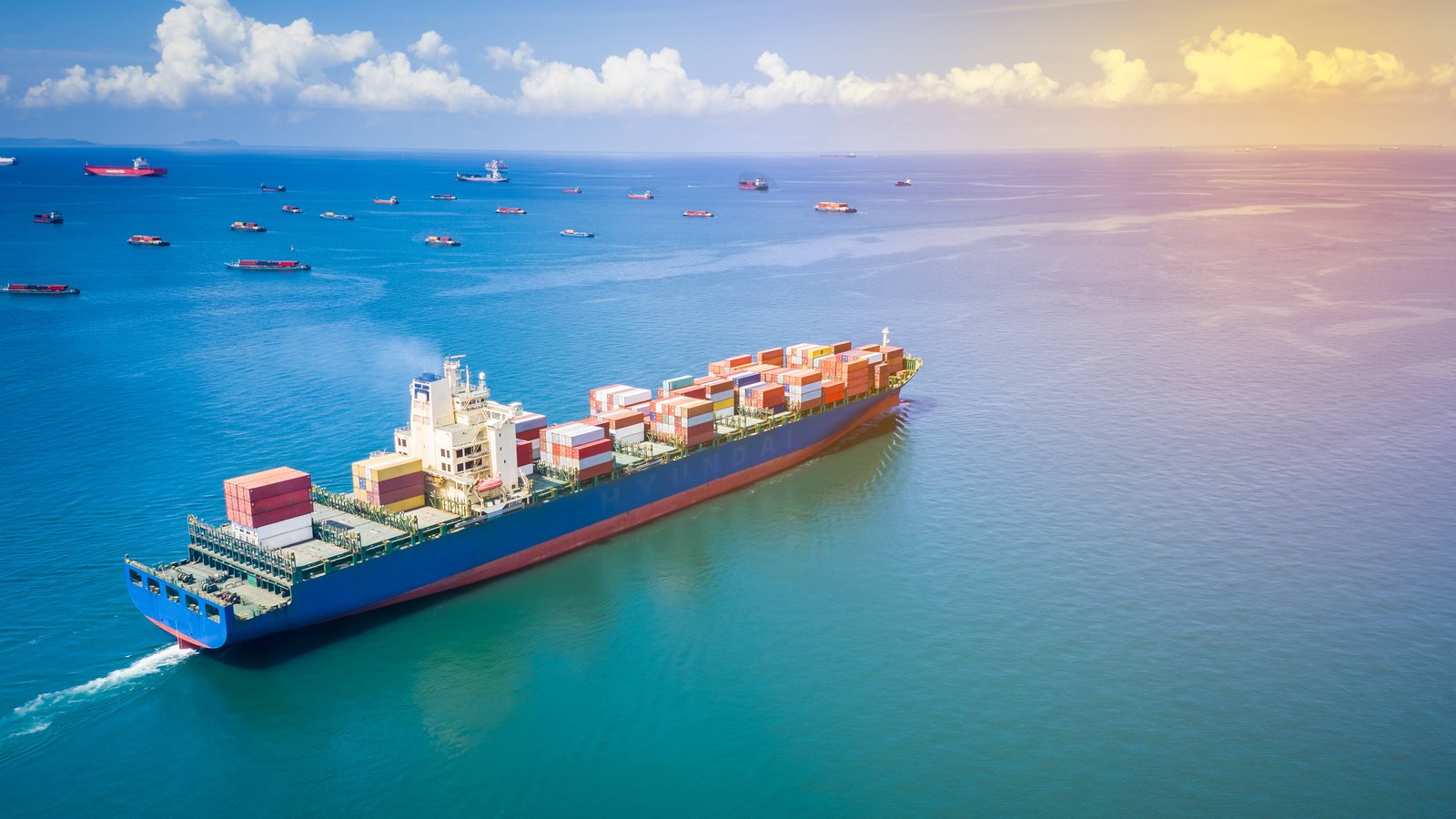
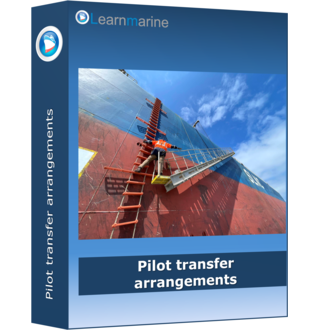
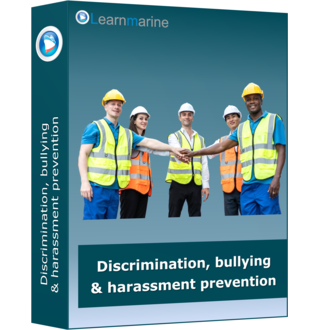
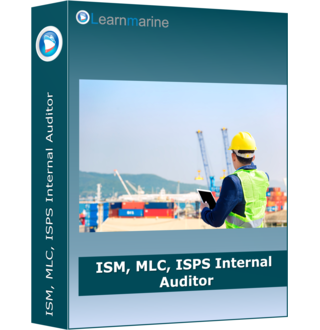
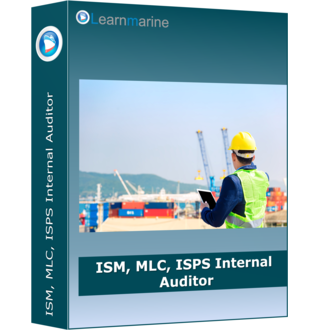

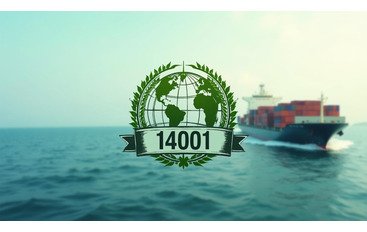
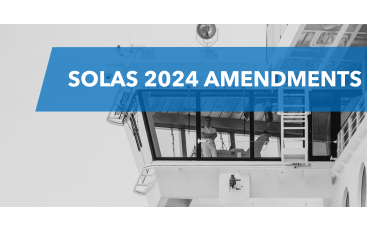
Comments